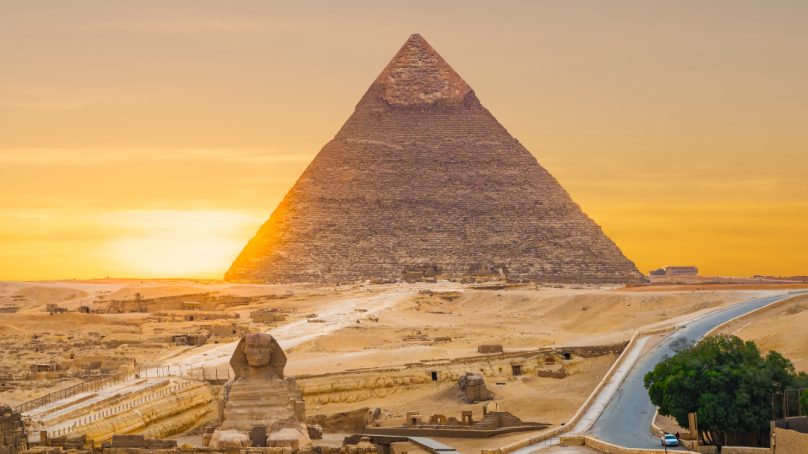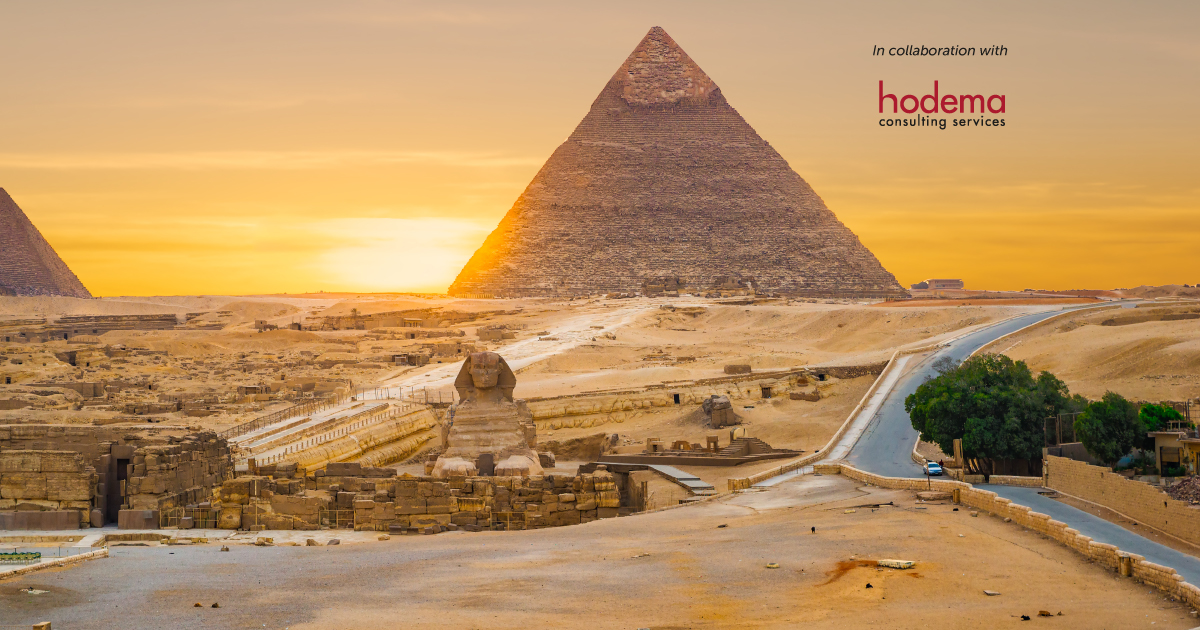

Economic turmoil
Egypt may have narrowly averted a severe economic crisis at the beginning of 2024, when the IMF and a number of countries came to its rescue, but it is still trying to bail out its massive losses in foreign exchange reserves. Times have been tough for the country recently, with inflation reaching an all-time high of 38 percent in September 2023. The authorities have been reluctant to loosen their grip on the exchange rate, despite repeated requests from the IMF to restore investors’ confidence. After months of international pressure, the Central Bank eventually agreed to a flexible exchange rate in March of this year. The move also lowered the value of the US dollar on the informal market, providing a welcome lull in the hike of imported food and commodity prices. Millions of Egyptians have been struggling to make ends meet – a difficult situation made worse by a recent rise in the price of bread, which increased by 400 percent, after the government slashed subsidies. Egypt is, along with China, the world’s top wheat importer.
An averted freefall
The IMF USD 8-billion bailout loan, associated with a USD 35-billion investment deal with the UAE, is thus preventing a nosedive for now, but the country urgently needs to tame the inflation that has been crushing Egyptians for years and introduce an era of austerity. And the country still has to honor a heavy foreign debt repayment schedule.
The foreign currency shortage has weighed heavily on business activity, with the Egyptian pound plunging, payment delays and bankruptcies. Remittances from Egyptians abroad – the country’s main source of foreign currency – have dropped sharply, with people worried about the pound crashing. The Egyptian pound has already lost two-thirds of its value against the dollar since 2022. The war in Gaza, and its consequences on Suez Canal traffic, has also started to cut the flow of currencies. Taking all of this into account, the IMF has revised down its real GDP growth forecast for 2024/2025 by 0.3 percent to 4.1 percent.
Mega-projects taking shape
Against this backdrop, the government has been spending millions on mega-projects and is betting big on ambitious ventures. On the Mediterranean coast, a new development project called South Med is being rolled out
by Egyptian real estate giant Talaat Moustafa Group Holding, in partnership with the government. They hope to attract investments worth USD 20.7 billion and create 1.6 million direct jobs. The UAE is involved in two other major projects on the north coast: New Alamein City and the Ras el Hekma. The former is advertising itself as the region’s new sustainable tourism hub. The USD 183-billion seaside mega-city project plans to compete with other Mediterranean destinations, such as Athens and Nice. The second is a USD 35-billion deal with the UAE, aiming to turn the Ras el Hekma peninsula into a luxury complex. Hospitality giant Accor has already chipped in and plans to open two establishments: Swissôtel Ras El Hekma and Swissôtel Residences Ras El Hekma. But critics are also increasingly making their voices heard. Local Bedouins, in particular, fear for their houses and olive and fig production, as the land formerly run by the Egyptian military is handed over to Emirati investors and houses removed.
An unwavering popularity
Egypt is closely looking after its tourism industry, which accounts for 12.8 percent of the economy. The sector is seen by the authorities as both a lifeline and means of escape from economic turmoil. A new five-year, multiple-entry visa for foreigners introduced in 2023, allowing visitors to stay for up to 90 days per trip, has added to Egypt’s enduring popularity. Visitors flocked to the country, even as the Gaza war was raging. Nearly 15 million people visited Egypt in 2023 – the highest number of tourists since 2010 – while revenues rose by 8 percent year on year to about USD 13 billion. The first half of 2024 also showed promise, with USD 6.6 billion in revenue and 7.069 million tourist arrivals, up on the same period last year, according to the Ministry of Tourism. The number of nights spent in hotels in the first six months also rose to reach 70.2 million, topping last year’s record of 67.6 million for the same period. Hundreds of new hospitality establishments have opened, and more airline seats made available, as authorities step up efforts to reach their target of welcoming 30 million tourists annually by 2028. At the end of 2023, the country’s hotel capacity had reached 220,000 rooms.
Several infrastructure and transportation improvements are also planned within the framework of Egypt’s Vision 2030. The Ministry of Tourism has announced fresh investments to promote yacht and ship tourism, with new marinas and easier entry and exit procedures. Another piece of good news for the sector comes from its tour guides; a court ruling has recently allowed them to form a council, ousting the government-appointed committee and paving the way for better wages and conditions. However, this year’s main headline is the upcoming opening of the highly awaited Grand Egyptian Museum in Giza, which has been more than 10 years and USD 1 billion in the making.

Nada Alameddine
Managing Partner
Hodema Consulting Services
hodema.net
@a_snada
@hodema













